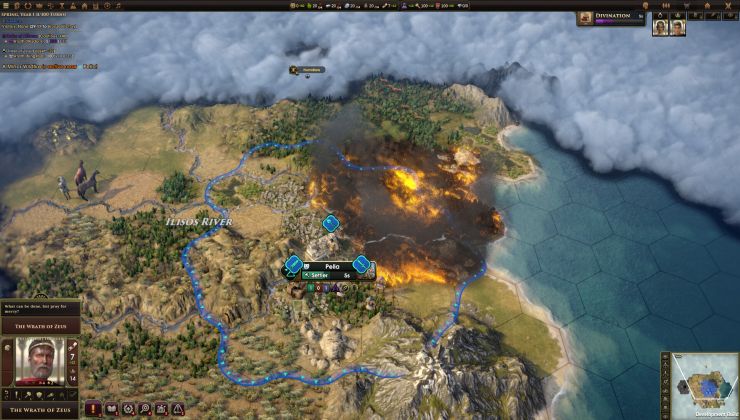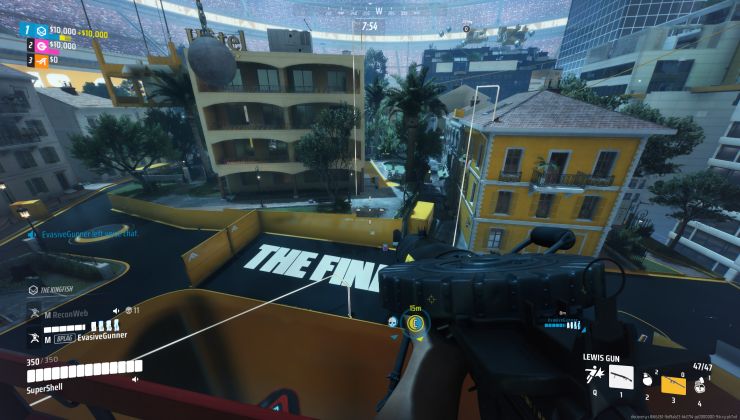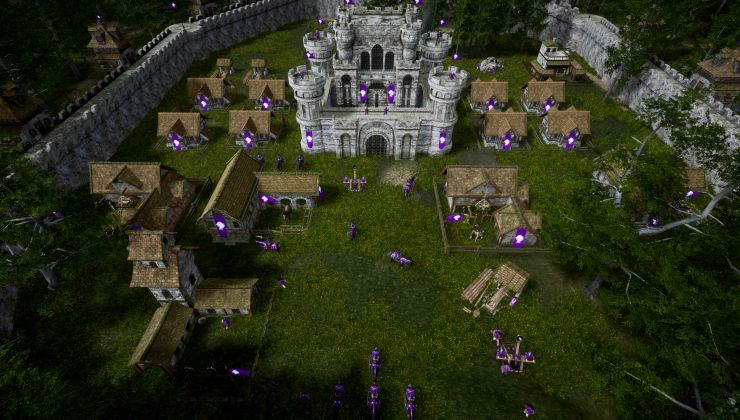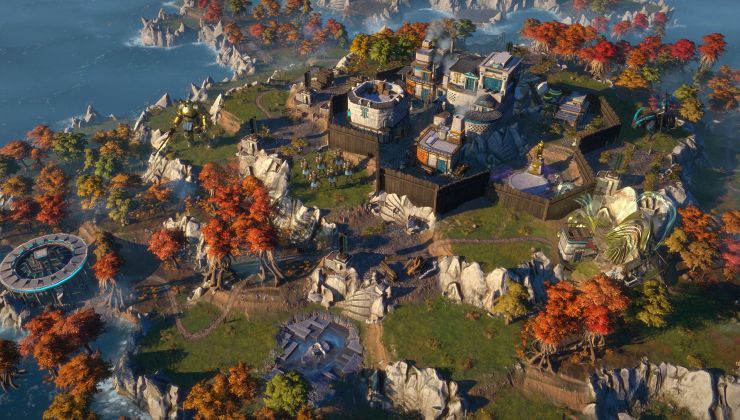On the official NVIDIA forum, an employee put out an announcement warning NVIDIA GPU owners that the Linux Kernel 5.9 and later is currently unsupported. It's worth noting they posted that in the CUDA forum, so other workloads like gaming may work as normal.
In the post they mention Kernel 5.9+ is currently "incompatible" with any of their drivers, and they're suggesting to wait until "mid-November" for a fresh NVIDIA driver update which is expected to bring support for it. They're "working diligently" to get ready to support it.
So what's going on? As it's quite unusual for such an announcement to be made. Well, NVIDIA don't appear to be saying in public why it's happening. However, we sort-of know and it's a complicated one that involves GPL licensing, Linux Kernel modules and Linux Kernel developers not being happy about how a patch was sent in by Facebook to the Kernel mailing list that would only work with the NVIDIA driver.
The result of the colourful discussion around it was a patch that was merged in, which mentions that it was designed to "prevent GPL shim modules that are used to circumvent _GPL exports" and that they will now be properly rejected.
The good news is NVIDIA are on it, and soon they will get a new fully-supported driver out. Until then, if you're on an Arch-based distribution, I can suggest trying out the NVIDIA installer from Tk-Glitch over here which seems to work quite well.
I'm on Arch with Linux 5.9.1, Nvidia X Server Settings shows 455.28, and games work fine.Do that:
$ dmesg | grep uvm
$ lsmod | grep uvm
Also, try running Blender, go to Edit → Preferences → System, and see if you have your GPU detected at the "CUDA" tab. If you don't, you don't have the CUDA driver working.
...however, it seems that there are some 5.9 kernel builds for Arch with some workaround for the driver to work.
I'm not talking about CUDA and the article does not explicitly say that this is a CUDA driver issue.
I've read the full Kernel patch thread and I can just say good for them to get rid of this propietary crap!
It will go on somehow I hope. Nevertheless, I will probably slowly switch to AMD. But we (family and friends) still use NVIDIA cards in many systems. NVIDIA cards age quite well as I have noticed. My now already somewhat aged GTX 970 still runs great, especially with Proton. I recently enjoyed the first part of Sega's Yakuza series. On ultra settings the GTX 970 does not even reach 50% utilization.960 here, and it's much the same. I could use some more memory and faster storage (I'm still on spinning rust all round), but I don't feel any great pressure to upgrade my GPU.
When I do, it's likely to be AMD, though.
Last edited by Seegras on 20 Oct 2020 at 9:33 am UTC
RD
I am an Debian Sid (with a ten year old core-i7 and a GTX-970).
With the last Debian update and Kernel 5.9 the nvidia driver didn't work anymore as written before.
The experimental driver helped:
With root:
-> insert in sources.list (nano /etc/apt/sources.list):
deb http://deb.debian.org/debian experimental main contrib non-free
then:
dpkg --add-architecture i386
apt update
apt upgrade
apt -t experimental install nvidia-driver
apt -t experimental install libgl1-nvidia-glvnd-glx:i386
Since one week, all is working as before. The system is stable.
Hello,Yeah, just tried 5.9 on Debian Testing. Black screen. Rolled back to 5.8, I'm not in a hurry.
I am an Debian Sid (with a ten year old core-i7 and a GTX-970).
With the last Debian update and Kernel 5.9 the nvidia driver didn't work anymore as written before.
The experimental driver helped:
With root:
-> insert in sources.list (nano /etc/apt/sources.list):
deb http://deb.debian.org/debian experimental main contrib non-free
then:
dpkg --add-architecture i386
apt update
apt upgrade
apt -t experimental install nvidia-driver
apt -t experimental install libgl1-nvidia-glvnd-glx:i386
Since one week, all is working as before. The system is stable.
Although Kernel 5.9 is installed, I'm selecting the older 5.8 kernel in the grub2 boot menu, to allow my Nvidia drivers to work properly. I'm happy enough to wait a couple of weeks for the new Nvidia driver modules to be compatible with kernel 5.9, however I'd definitely prefer it if things like this didn't happen!
Debian 11 Bullseye (Testing) here and I had precisely this problem following my package upgrade about a week ago.Well, Testing is about testing, right?)
Although Kernel 5.9 is installed, I'm selecting the older 5.8 kernel in the grub2 boot menu, to allow my Nvidia drivers to work properly. I'm happy enough to wait a couple of weeks for the new Nvidia driver modules to be compatible with kernel 5.9, however I'd definitely prefer it if things like this didn't happen!
I will try to stay on Debian 11 after the freeze for as long as I can to enjoy rock stable system for a while.
Today I ran "apt update && apt upgrade" and the new Nvidia driver 450.80.02 was installed and it is working with Linux kernel 5.9.0-1 so I don't need to choose the older kernel option in my boot menu.










 How to set, change and reset your SteamOS / Steam Deck desktop sudo password
How to set, change and reset your SteamOS / Steam Deck desktop sudo password How to set up Decky Loader on Steam Deck / SteamOS for easy plugins
How to set up Decky Loader on Steam Deck / SteamOS for easy plugins
See more from me